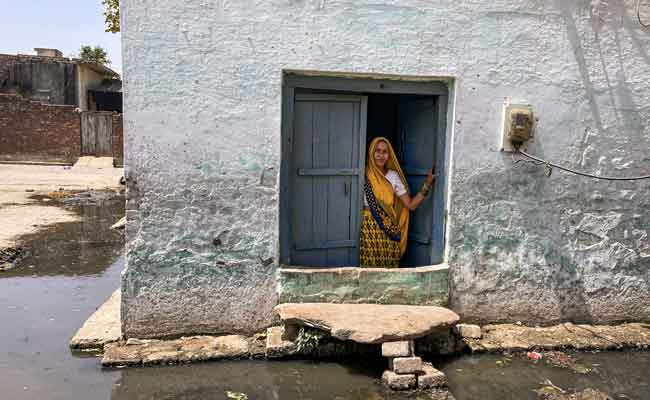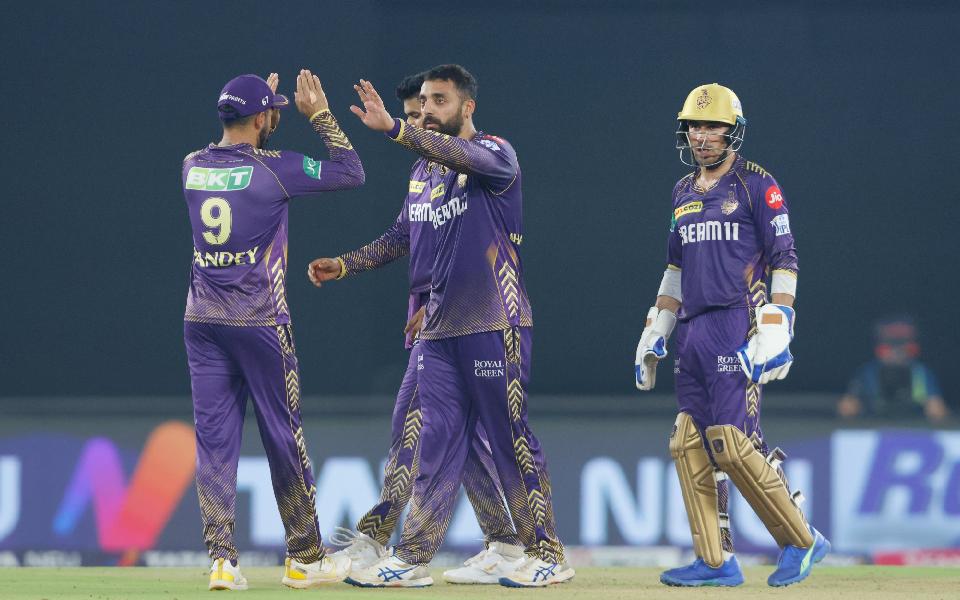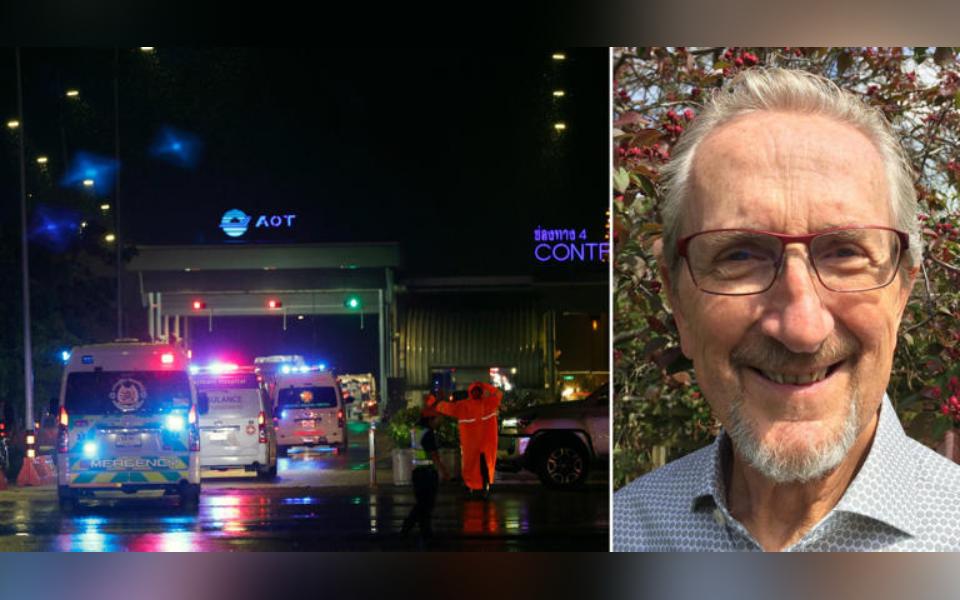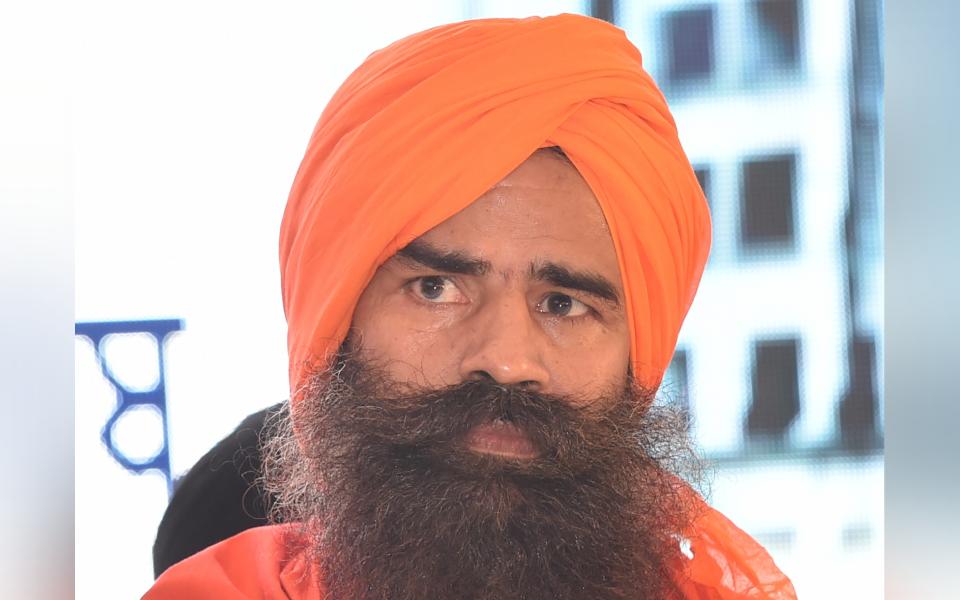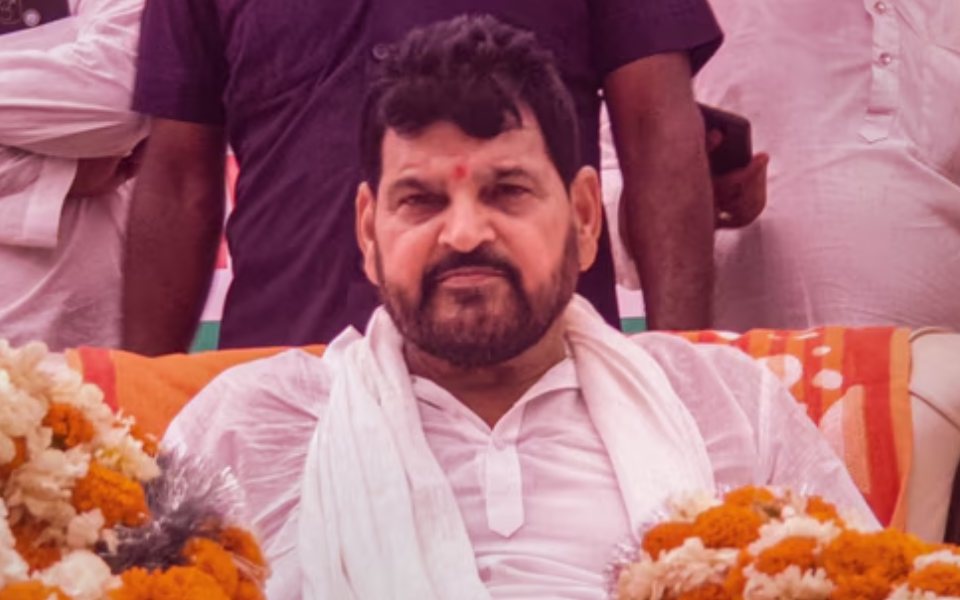Hathras (UP) (PTI): Four years after the gangrape and death of a Dalit teen jolted the nation’s consciousness, Bhool Garhi is a village forgotten, mired in neglect and the struggle for basics, the elections only a distant echo in the uneasy quiet of everyday life.
The 2020 incident of the 19-year-old woman who was brutally assaulted, allegedly by upper caste men in the village, and died two weeks later in a Delhi hospital has further polarised the village between the Thakurs and the SC community.
Cut off with no proper road access, leaving people to walk the last mile, Bhool Garhi - the name ironically translating to forgotten citadel -- is a small village, its primary occupants being 90 families of upper caste Thakurs and four Dalit families.
The four Dalit families, who mostly work in upper caste homes in the village, continue to do so. They live in hutments in the Dalit 'basti' on the outskirts of the village.
That three of the four upper caste men who were accused of the crime have returned home has added to the disquietude in the village.
The victim’s family do not speak much and a CCTV continues to monitor their movements.
But there is a lot they have in common.
For the residents of Bhool Garhi, the tragedy four years ago casts a long shadow but life has returned to the urgent concerns of life - rising prices, unemployment and the struggle for survival.
The death of the young woman was followed by a rushed cremation by the police without the consent of her family, further fuelling public outcry and demands for justice.
But those sounds of protest have receded into the distance. The brutal incident, which once brought national attention to the village, now lingers in the background.
"We were promised a home but just received one instalment of it and sanitation issues are very serious here as you can see,” said a woman in the Dalit basti outside her home marooned in gutter water.
Her woes don’t end there.
“My son is 30 years old, but without a job. I want him and his family to have a proper roof over their heads, away from this swamp," she said on the condition anonymity.
The Thakur community's area is better but only marginally.
"We have better infrastructure, but sanitation remains a problem. The roads are broken but these can be sorted out," added Uma Shankar, a local Thakur resident.
With elections - Bhool Garhi falls in the Hathras parliamentary constituency - just days away on May 7, there are but faint hopes that things will improve. The voices of the marginalized resonate with aspirations for a better tomorrow but the wheels of progress turn slowly.
Their political choices are as polarised as the society they live in. Most villagers in the Thakur area said they would vote for the BJP, primarily driven by Hindutva and construction of the Ram Mandir, while those from the Dalit basti remain loyal to the BSP.
Uttar Pradesh Revenue Minister Anoop Balmiki is the BJP’s contestant from the area. His principal opponent is Samajwadi Party’s Jasveer Valmiki. Rajveer Diler, the sitting MP, passed away recently following a heart attack.
The BJP has been winning in Hathras since 1991, except in 2009. Dalits and Thakurs form a largest part of the constituency followed by Brahmins.
Shankar said he would vote again for the BJP. The 2020 tragedy is in the past and they need to look ahead, he said, torn between wanting a leader who can bring jobs and control inflation and one that pushes the faith agenda.
"BJP is promoting Hindutva and built the Ram mandir. ‘Aastha bahut zaroori hai humare liye (faith is very important for us)," Shankar, who owns land right outside the village, said.
As the political atmosphere heats up with impending elections, it is evident that the wounds of the past are secondary to the pressing realities of the present.
The return of the accused men has led to alarm but survival takes precedence over retribution, even amongst the Dalits.
"What can we do? They are back, and we have to live with it. Our lives have always been hard. We focus on getting by each day," said another Dalit basti resident.
Many in the Thakur community believe the accused are innocent and it was all a big “misunderstanding and mismanagement by the police”.
There were many promises from politicians. And they too have faded into the background noise of rural life.
"We were in the news for a while, and then everyone moved on," said a relative of the Dalit teen.
“At the time, many politicians, including BJP leaders, came to meet us at that time but now we are a forgotten topic. No one cares.”
The family, he said, received compensation from the government and is using that only to sustain themselves.
"Yes, our roads need repair, and our children need jobs but there is also a deep-seated distrust among communities here. Healing those wounds will take time," admitted the girl’s relative.
While the villagers stumble along in their everyday lives, the politicians too are cautiously finding their way around issues.
“The 2020 incident shook the nation. We will bring the focus back to the women’s safety,” said SP’s Valmiki.
"The agenda of the BJP is solely and exclusively development. The works of development carried out by Modi ji's government in the last 10 years are certainly our focus on development," BJP's Balmiki said.
Three of the accused in the 2020 case were acquitted due to lack of evidence, while one juvenile was held guilty and sentenced to three years in a reform home.
The young woman was allegedly dragged away by her dupatta around her neck, injuring her spinal cord. The violence left her paralysed with a severe spinal cord injury, resulting in her death.
Let the Truth be known. If you read VB and like VB, please be a VB Supporter and Help us deliver the Truth to one and all.
Ahmedabad, May 21: IPL’s costliest buy Mitchell Starc lived up to the billing with a sensational three-wicket early burst as Kolkata Knight Riders shot Sunrisers Hyderabad for a below-par 159 in Qualifier 1 here on Tuesday.
Starc found delivered a body blow on the second ball of the game by rattling Travis Head’s stumps before accounting for the in-form Nitish Reddy (9) and Shahbaz Ahmed (0) to leave the opponents reeling inside the powerplay.
IPL’s third highest run-getter Head was all over the place when he went for a wild heave against the lanky Australian, who got the ball nipping slightly away after pitching and knocking down the off and middle stumps to dismiss the batter for his second consecutive duck.
Starc then bounced out Reddy with wicketkeeper Rahmanullah Gurbaz settling himself well under the ball for a simple grab.
Shahbaz was the next to depart as he chopped one onto his wickets looking to guide it down to the third man.
Starc’s opening spell of 3-0-22-3 gave KKR complete control of the proceedings as the other bowlers thrived in the situation to drive home the advantage.
Reduced to 39/3, SRH needed a counterattack and that came from Rahul Tripathi (55 off 35) but it was far from enough.
Tripathi soaked in pressure well to keep the boundaries flowing for SRH but he did not find enough support from the other end, beyond a 62-run stand for the fifth wicket with Heinrich Klaasen.
The burly South African, who had scored a vital 49 in the last match, did not go all out but played a crucial knock of 32, which came off 21 balls with three fours and a six until he found the man at deep midwicket off Varun Chakravarthy in the 11th over.
Facing the task of rebuilding again, there was no respite for the struggles that SRH had to endure when Tripathi was run out after a brilliant effort in the field from Andre Russell caught the SRH batter halfway through the pitch when there was perhaps no run on offer.
Abdul Samad hammered a six off his first ball but his resistance too did not last long enough and the last of the recognised SRH batters, impact player Sanvir Singh, was cleaned up by Sunil Narine (1/40) on the first ball he faced.
SRH skipper Pat Cummins played a crucial knock of 30 off 24 while also putting on a vital 33-run stand for the last wicket with Vijayakanth Viyaskanth to take SRH beyond the 150-mark.

